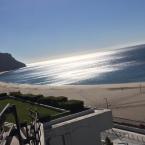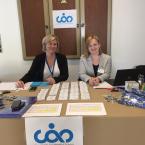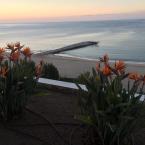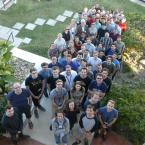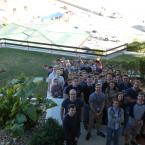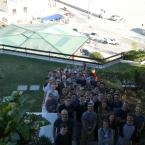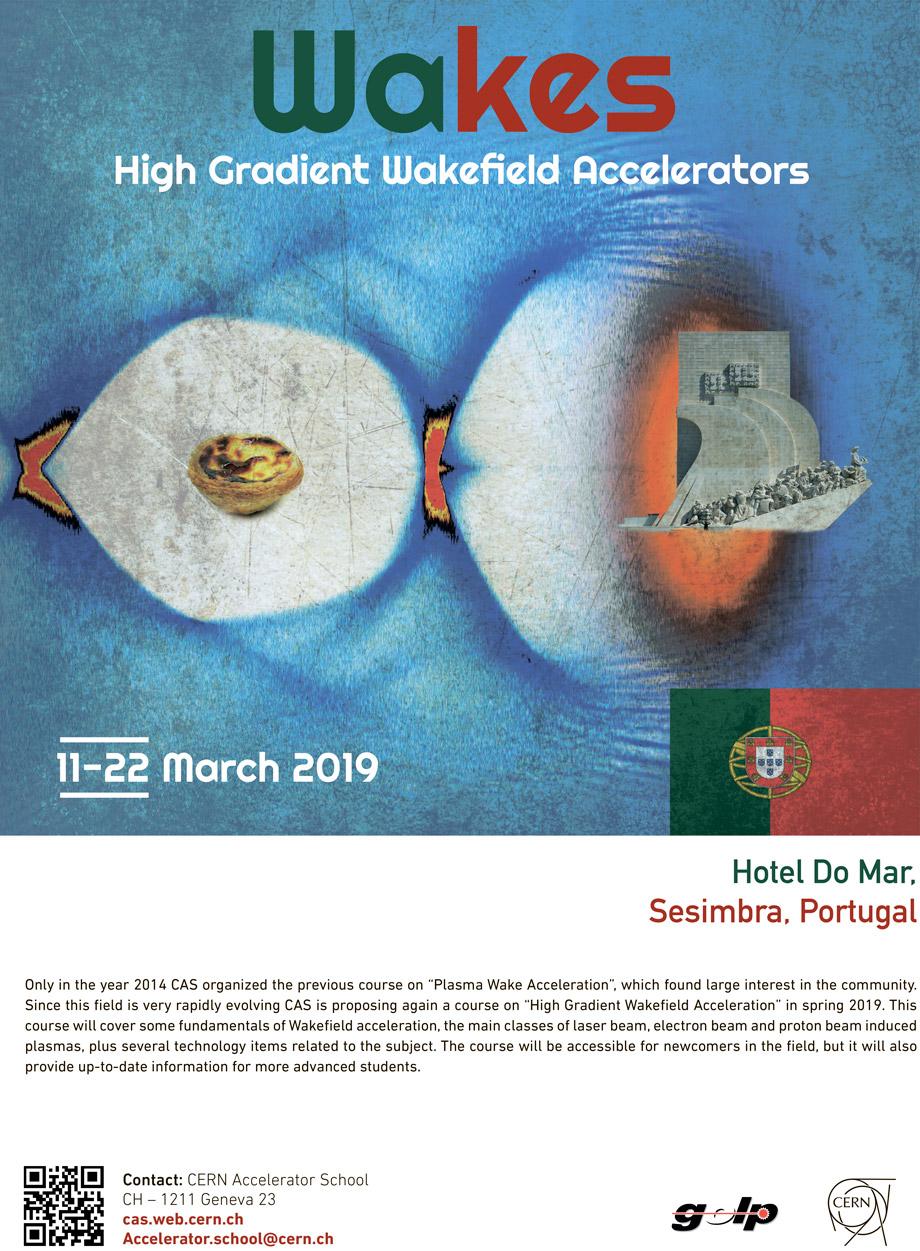High Gradient Wakefield Accelerators, 11 March 2019 - 22 April 2019, Sesimbra, Portugal
Only in the year 2014 CAS organized the previous course on “Plasma Wake Acceleration”, which found large interest in the community. Since this field is very rapidly evolving, CAS is organising again a course on “High Gradient Wakefield Acceleration” in spring 2019.
Following introductory lectures on plasma and laser physics, the course will cover the different components of a plasma wake accelerator and plasma as well as dielectric beam systems. An overview of the experimental studies, diagnostic tools and state of the art wake acceleration facilities, both present and planned, will complement the theoretical part.
The course will be of interest for a wide range of students and staff, working in or having an interest in the field of these new acceleration techniques.
Here we present a small collection of photos taken during the course. Every student has been asked before the course to sign an "acceptance form", in which the student agrees that eventual photos might be published on the the CAS website. Any further use of these photos in other social media is out of the control by the CAS team and is not authorized by the CAS.
Nevertheless if a student or teacher finds a certain picture inappropriate, he should contact the CAS team and we will remove the picture immediately.
